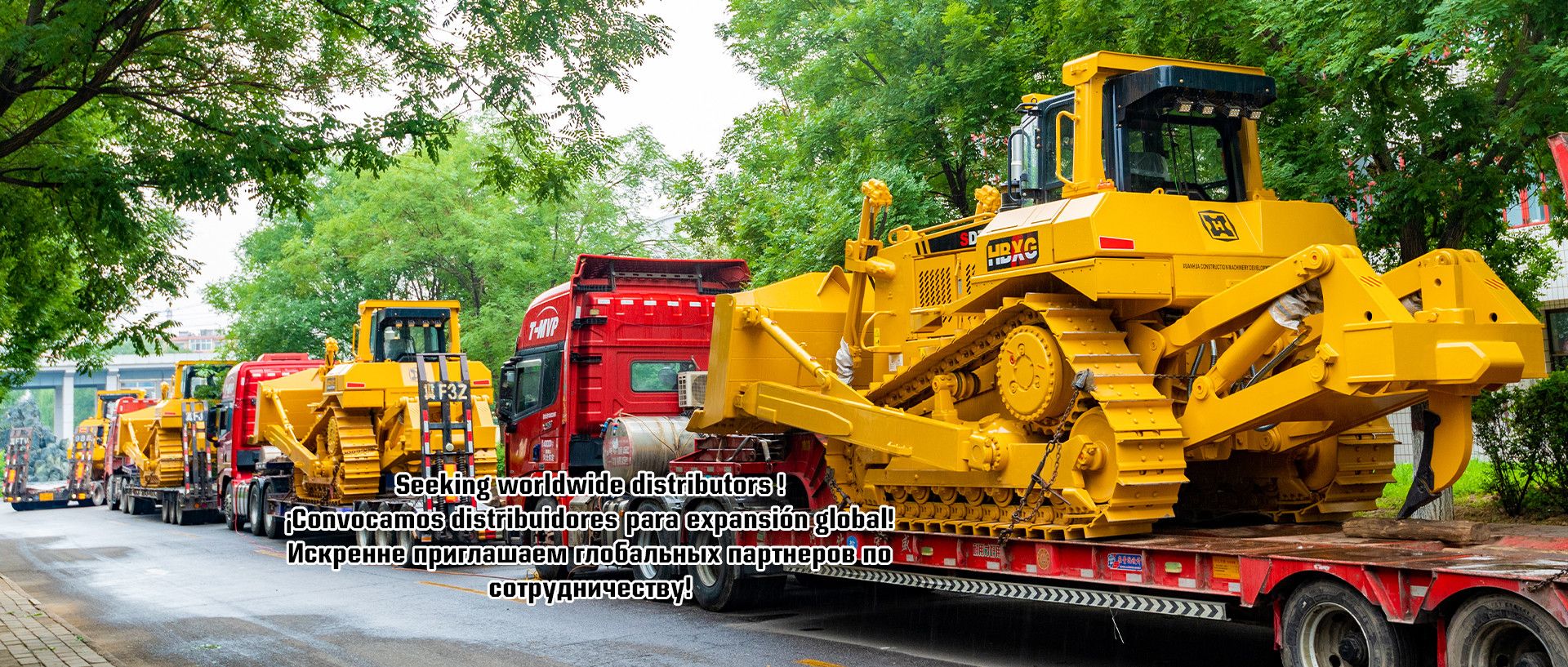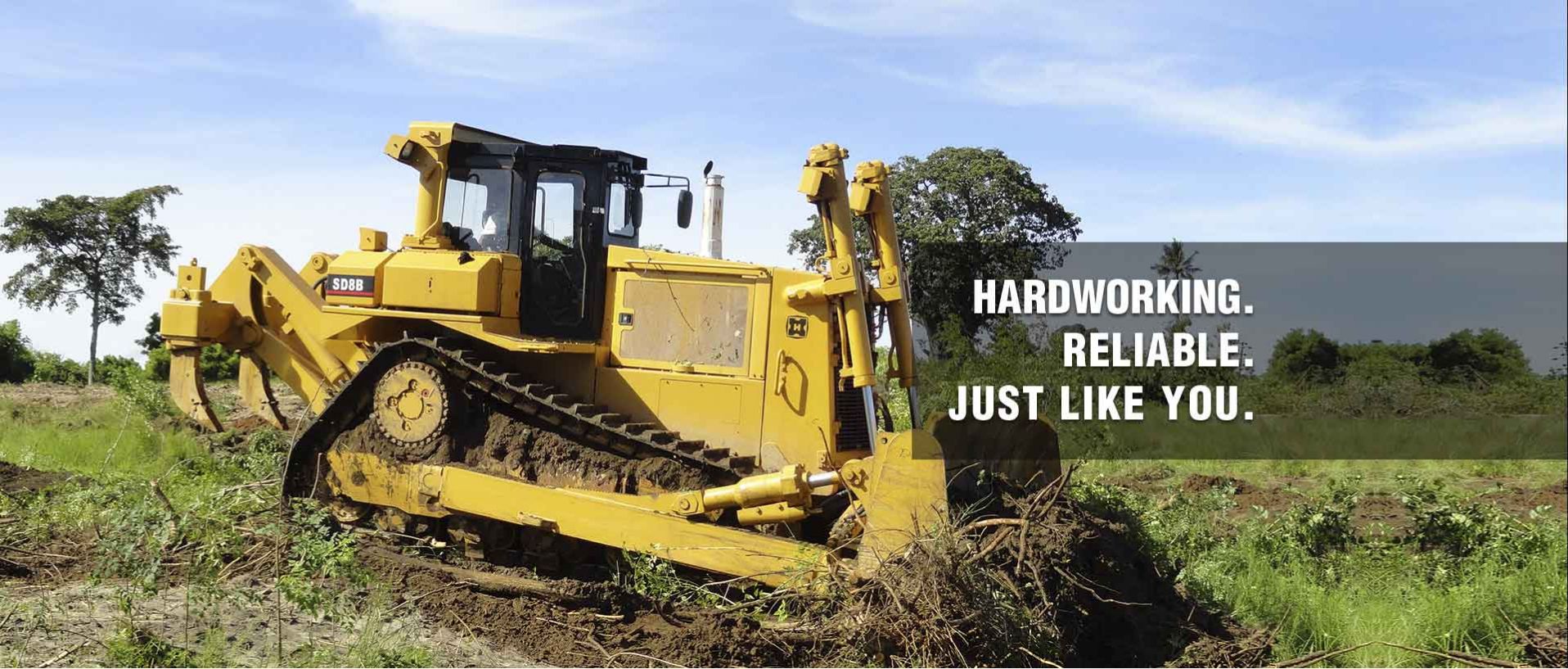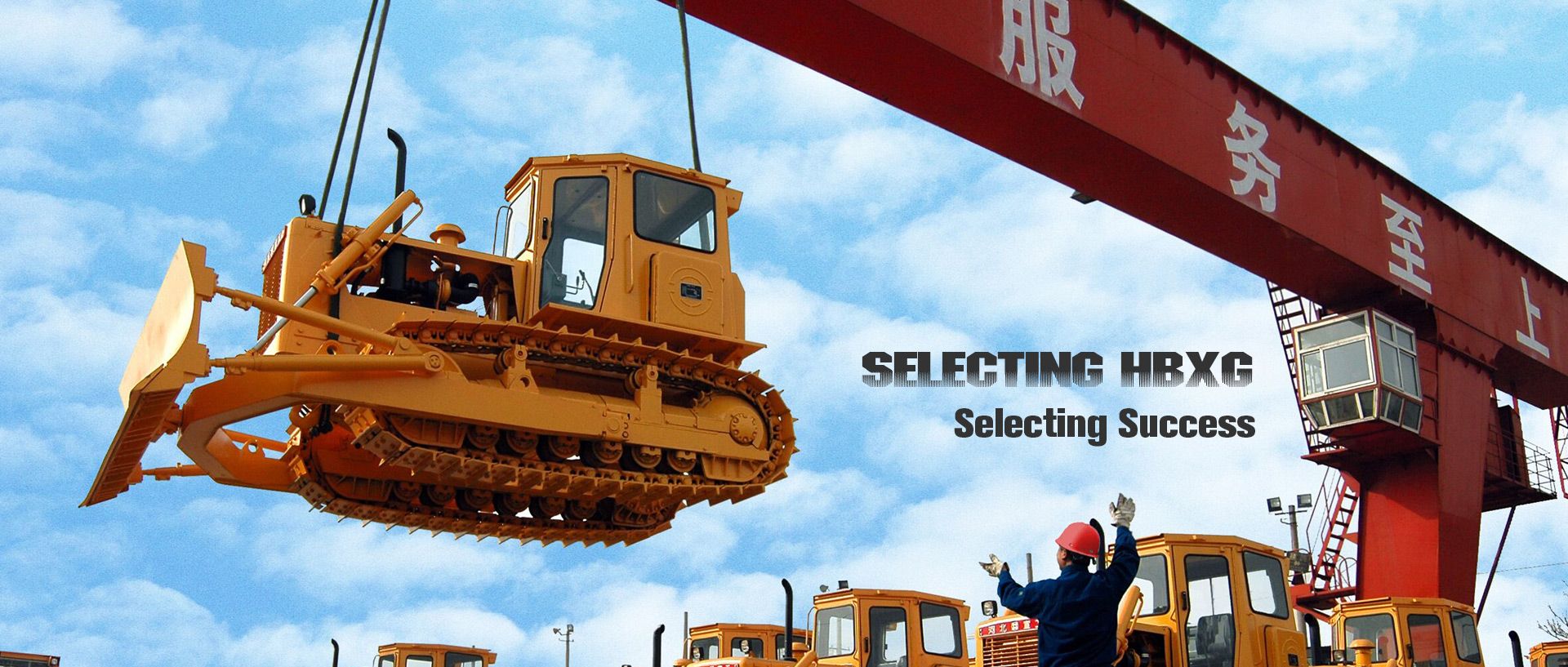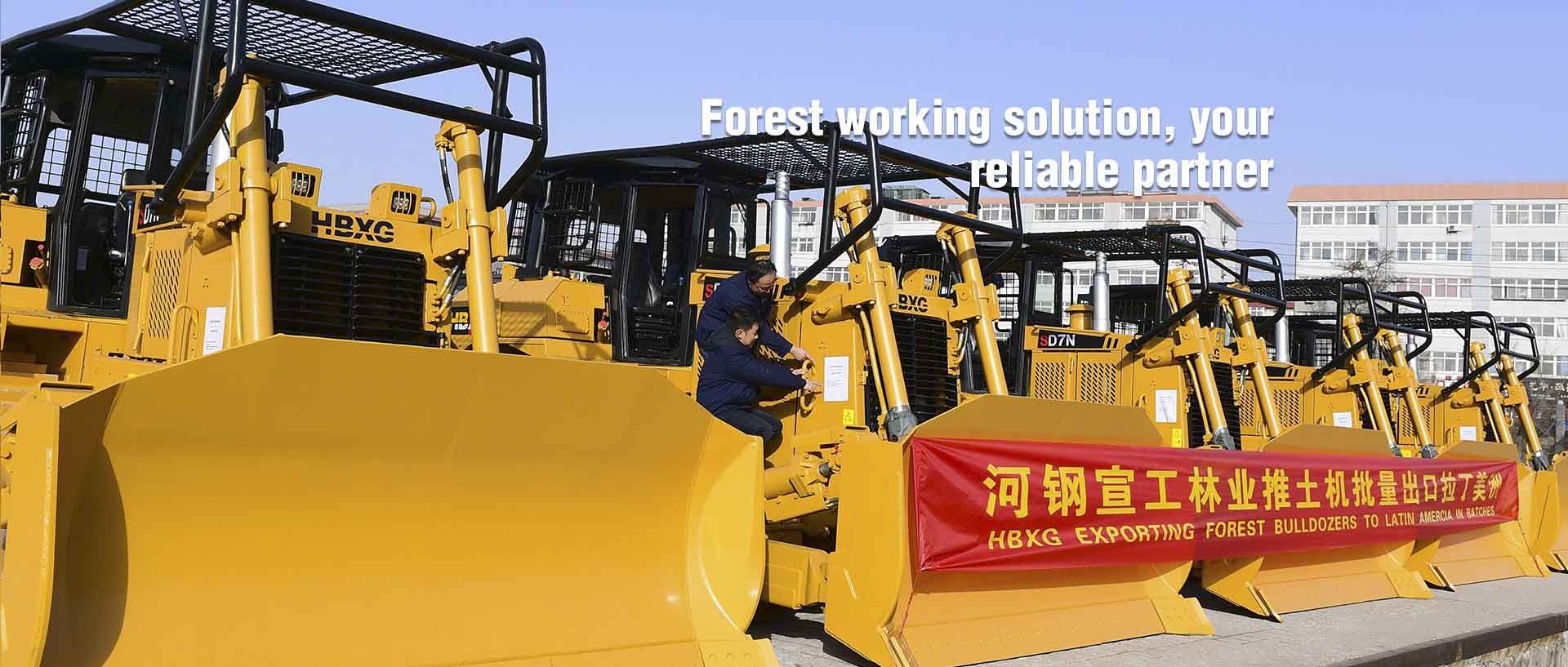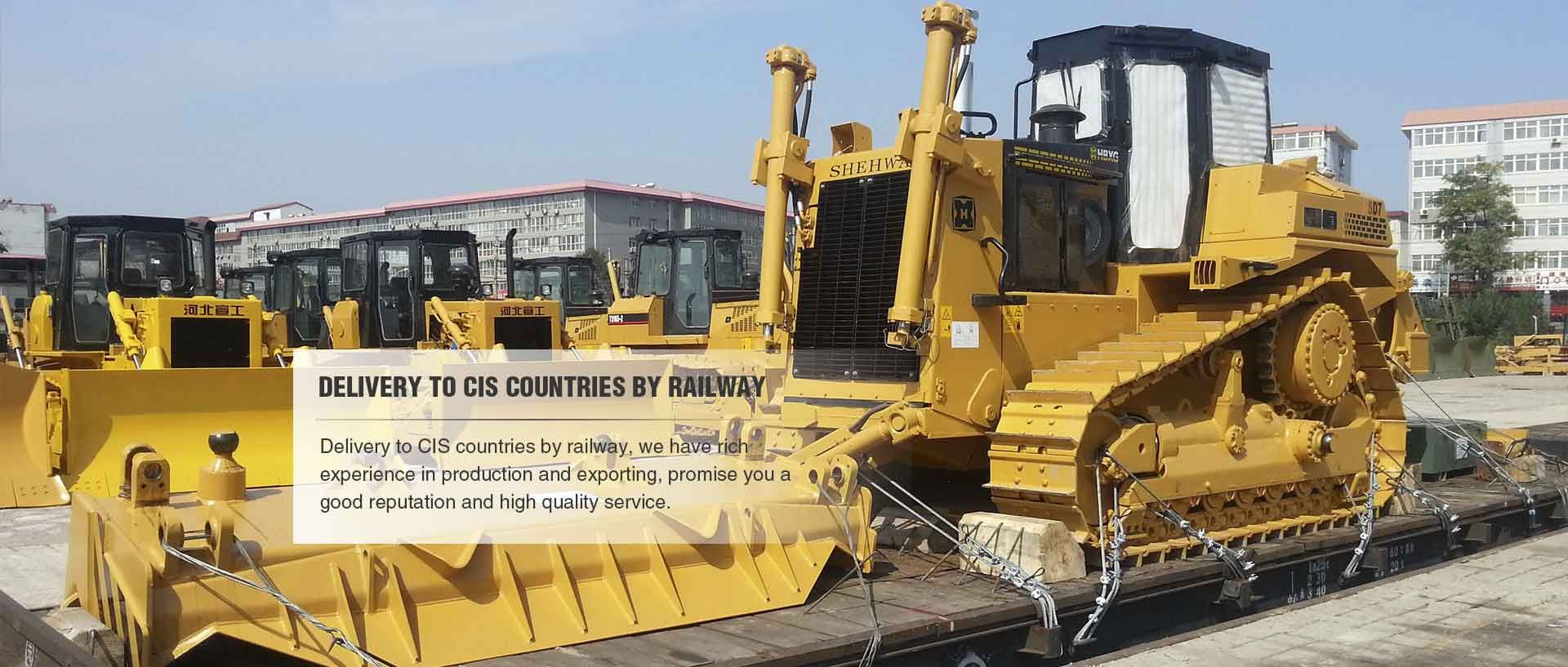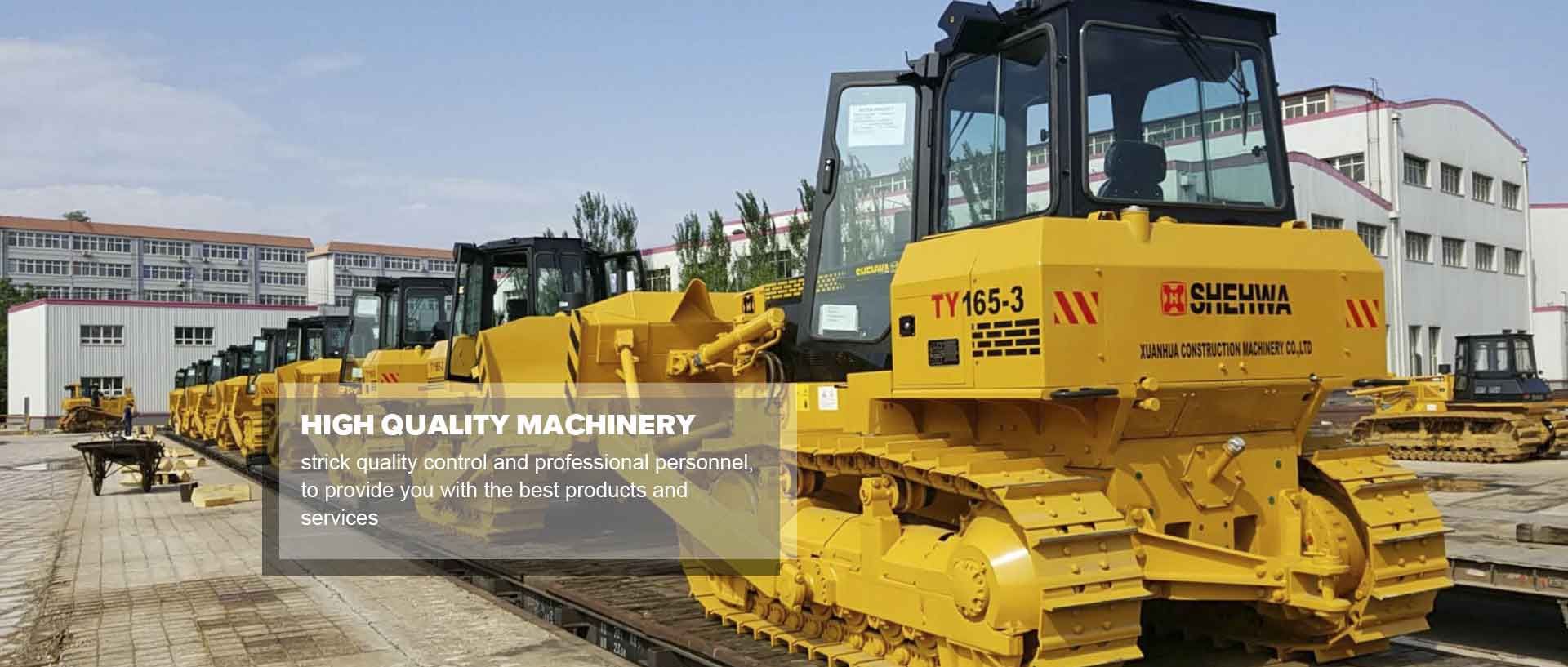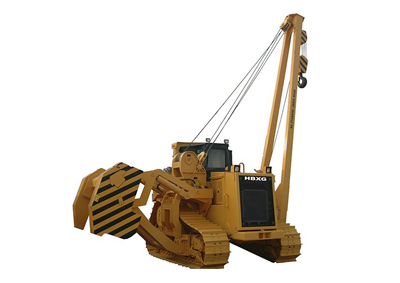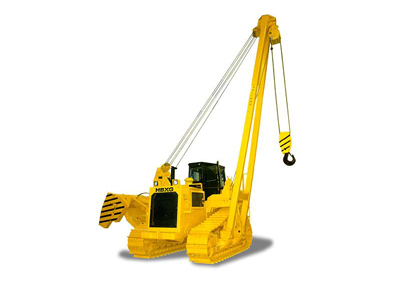What Is a Pipe Layer?
 May. 08, 2024
May. 08, 2024
When it comes to construction projects involving pipelines, a crucial role is played by a skilled professional known as a pipe layer. These individuals are integral to the process of laying down pipes for various purposes, including water supply, sewage systems, gas lines, and more. But what exactly does a pipe layer do, and what qualifications are required for this role? Let's delve into the details.
Role of a Pipe Layer
A pipe layer is primarily responsible for the installation of underground pipes, ensuring they are properly positioned and connected according to project specifications. This involves working closely with engineers and construction teams to interpret blueprints, determine the layout of the pipeline network, and execute the installation process efficiently.
Moreover, pipe layers operate a range of heavy machinery and equipment essential for excavation, trenching, and pipe placement. They must adhere to safety protocols to prevent accidents and ensure the integrity of the pipeline system.
Skills and Qualifications
To excel as a pipe layer, individuals need a combination of technical skills, physical stamina, and attention to detail. Here are some key qualifications typically required for this role:
Technical Expertise: Proficiency in reading blueprints, understanding pipe specifications, and operating construction machinery such as excavators and backhoes.
Physical Fitness: The job often involves strenuous physical activity, including lifting heavy materials, digging trenches, and working in confined spaces.
Team Collaboration: Effective communication and teamwork skills are essential for coordinating with other construction crew members and ensuring the smooth progress of the project.
Attention to Safety: Knowledge of safety regulations and protocols to minimize risks associated with trenching, excavation, and heavy equipment operation.
Experience: While formal education is beneficial, many pipe layers gain experience through apprenticeships or on-the-job training under experienced professionals.
Frequently Asked Questions (FAQs)
Here are some common questions people have about pipe layers:
Q: What does a pipe layer do?
A: A pipe layer installs underground pipes for various purposes such as water supply, sewage systems, and gas lines, ensuring they are properly positioned and connected.
Q: What qualifications are needed to become a pipe layer?
A: While formal education in construction or a related field is beneficial, most pipe layers gain experience through apprenticeships or on-the-job training. Key qualifications include technical expertise, physical fitness, teamwork skills, and knowledge of safety protocols.
Q: Is being a pipe layer physically demanding?
A: Yes, the job of a pipe layer often involves strenuous physical activity, including lifting heavy materials, digging trenches, and working in confined spaces. Physical fitness is important for success in this role.
Q: What safety measures should pipe layers follow?
A: Pipe layers should adhere to safety regulations and protocols to minimize risks associated with trenching, excavation, and heavy equipment operation. This includes wearing appropriate protective gear, using safety harnesses in elevated areas, and conducting regular equipment inspections.
In conclusion, pipe layers play a crucial role in the construction industry by ensuring the efficient installation of underground pipelines. With the right skills, qualifications, and commitment to safety, individuals can thrive in this rewarding profession.
For more information on pipe layers and other pieces of heavy-duty equipment, please get in touch with HBXG.















